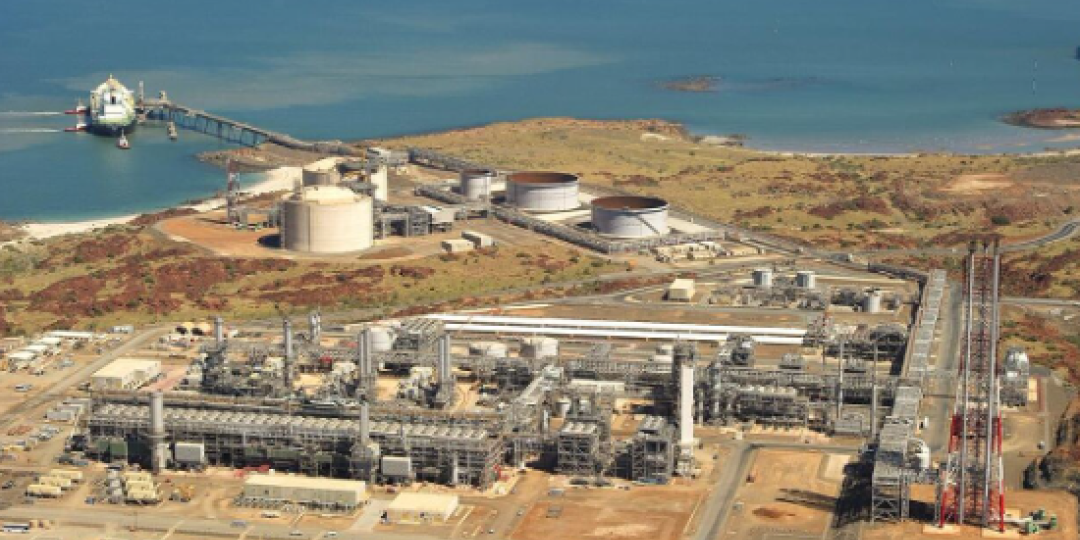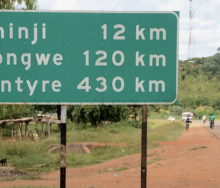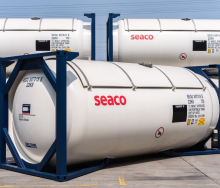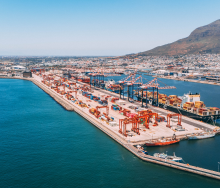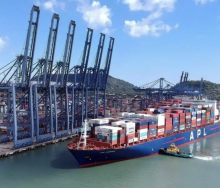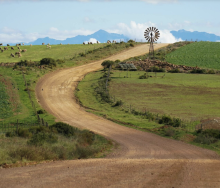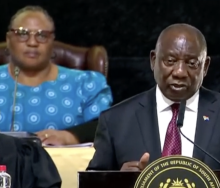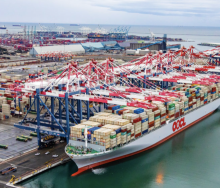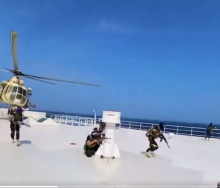Long-distance hauliers serving the liquefied natural gas (LNG) industry in Cabo Delgado are warned to proceed with extreme caution in Mozambique’s gas-rich north-eastern province because of Islamic militia activity, a sub-Saharan logistics expert has said.
According to Mike Fitzmaurice, regional vice president of the African Union’s Organisation for Transport and Logistics, the situation up north, where various multinational energy companies have multibillion-dollar LNG plants, “is not safe at all”.
Following a period of relative peace established by Rwandan Defence Force soldiers and combined forces acting under the auspices of the Southern African Development Community, attacks and kidnappings have again flared up.
Over the weekend, a member of Transit, the Transit Assistance Bureau run by the Federation of East and Southern African Road Transport Associations, said one of his drivers had heard of a ferry service to Palma, the nearest harbour to the LNG fields on Mozambique’s border with Tanzania.
Road freight operators will have to get to the Port of Pemba, about 250 kilometres south of Palma.
Fitzmaurice said although the road north from the Port of Nacala, further south of Pemba, had been upgraded, it was inadvisable to drive all the way to the Rovuma Basin where the LNG fields are located.
“It’s simply too dangerous, and if you absolutely have to, it has to be under armed escort.”
In the meantime, it has come to light that the UK government is reportedly seeking legal advice on whether it can withdraw $1.15bn in funding for TotalEnergies' $20bn LNG project in Mozambique.
This decision follows the UK's reevaluation of its policy regarding fossil fuel support and mounting legal and political pressures related to climate commitments made at COP26.
In 2020, UK Export Finance, a government agency, committed $1.15bn in direct loans and guarantees to support the project's design, construction and operation.
However, the project was suspended less than a year later due to terrorist attacks in Cabo Delgado province, where the project is located.
The current British Labour government aims to reduce funding for fossil fuels to accelerate the energy transition, in line with pledges made at the 2021 UN Climate Change Conference (COP26).
However, sources indicate concerns about potential legal repercussions if the UK decides to withdraw its funding.
Instability in Cabo Delgado, particularly terrorist activity, poses ongoing challenges, Agência de Informação de Moçambique has reported.
A British government official described the situation in Mozambique as "a bloody nightmare", citing concerns about the volatile situation on the ground.
The uncertainty surrounding the project could lead to a significant financial deficit for the Mozambique LNG consortium, potentially requiring a renegotiation of financing mechanisms and further delays.
Along with the UK’s reconsideration of its LNG investments in Cabo Delgado, the Dutch government is evaluating whether to reissue $1bn in export credit insurance and the United States is hesitant to approve new loans for TotalEnergies.
The French energy multinational is seeking to resume operations, but the project's timeline has already been pushed back from the initial target of 2024 to 2029.
TotalEnergies CEO Patrick Pouyanné has been attempting to secure financial support from other sources, including the Biden administration, without success.
If the UK withdraws its funding, TotalEnergies and the Mozambican government may need to find new sources of investment to continue the natural gas exploration. The project, considered a key element in diversifying the Mozambican economy, faces increasing uncertainty due to ongoing instability, environmental pressures, and shifting global energy policies.
– Assisted by various sources.
